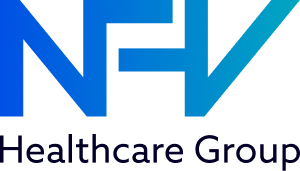The landscape of medical billing is filled with complexities and challenges that can significantly impact the financial health of healthcare providers. From coding errors to insurance claim denials, these issues can lead to substantial revenue loss and operational inefficiencies. This article explores the common challenges in medical billing and presents effective Revenue Cycle Management (RCM) solutions for a more profitable revenue cycle.
Common Challenges in Medical Billing

Coding and Billing Errors
Coding and billing errors are among the most prevalent issues in medical billing. These errors can occur due to incorrect data entry, outdated coding manuals, or insufficient knowledge of the latest coding standards. Even minor mistakes can result in claim rejections or denials, leading to delayed payments and increased administrative workload.
Accurate coding is critical for compliance with regulations and for ensuring that healthcare providers receive appropriate reimbursement for services rendered.
Insurance Claim Denials
Insurance claim denials pose a significant challenge for healthcare providers. Denials can occur for various reasons, including incorrect patient information, lack of prior authorization, non-covered services, or missing documentation.
Each denied claim requires follow-up and resubmission, which consumes time and resources. High denial rates can severely impact the revenue cycle, causing cash flow disruptions and financial instability.
Delayed Payments and Accounts Receivable
Delayed payments and growing accounts receivable are persistent issues in medical billing. Delays can be caused by a variety of factors, such as slow processing by insurance companies, patient payment delays, or inefficiencies within the billing department.
Extended accounts receivable periods can strain a healthcare provider’s cash flow, making it challenging to meet operational expenses and invest in necessary improvements.
Rising Patient Bad Debt
As healthcare costs continue to rise, patients are bearing a larger portion of their medical expenses through high-deductible health plans and out-of-pocket payments. This shift has led to an increase in patient bad debt, as many patients struggle to pay their medical bills.
Unpaid patient balances not only affect the provider’s revenue but also require additional resources to manage collections and write-offs.
Regulatory Compliance
Healthcare is a highly regulated industry, and compliance with ever-changing regulations is a constant challenge. Providers must adhere to various federal and state regulations, including HIPAA, ICD-10 coding standards, and payer-specific guidelines.
Non-compliance can result in hefty fines, legal issues, and reputational damage. Keeping up with regulatory changes and ensuring compliance requires continuous education and adaptation.
RCM Solutions to Overcome Challenges

Technology Adoption
Adopting advanced technology is essential for overcoming the challenges in medical billing. NFV’s proprietary software is designed to streamline the revenue cycle management process in medical billing, reducing errors and improving efficiency.
This software includes features such as automated coding and billing, real-time claim status tracking, and integrated patient payment portals. By leveraging technology, healthcare providers can enhance accuracy, speed up claim processing, and reduce administrative burdens.
Staff Training and Development
Investing in staff training and development is crucial for maintaining a proficient billing team. Regular training ensures that staff members are up-to-date with the latest coding standards, regulatory requirements, and best practices in revenue cycle management.
Well-trained staff can accurately code and bill services, handle denials effectively, and manage patient accounts with professionalism and empathy. Continuous education also fosters a culture of compliance and excellence within the billing department.
Streamlined Workflow
Streamlining workflow processes can significantly improve the efficiency of the revenue cycle management process in medical billing. Implementing standardized procedures for claim submission, follow-up, and payment posting can reduce delays and errors.
Workflow automation tools can help manage tasks such as claim scrubbing, eligibility verification, and denial management. By optimizing workflow, healthcare providers can ensure that claims are processed quickly and accurately, leading to faster payments and improved cash flow.
Patient-Centric Approach
Adopting a patient-centric approach to billing can enhance patient satisfaction and reduce bad debt. Clear communication regarding billing policies, payment options, and financial assistance programs can help patients understand their responsibilities and make timely payments. Offering multiple payment methods, such as online portals and payment plans, can make it easier for patients to settle their bills.
Additionally, providing excellent customer service and support can build trust and encourage patients to address any billing concerns promptly.
Revolutionize Your RCM Services
Revenue cycle management in medical billing can effectively address numerous challenges. If your practice is struggling with medical billing, consider implementing NFV’s proprietary software and RCM solutions to streamline your revenue cycle management in medical billing. NFV Healthcare Group is here to revolutionize your RCM services, contact us today!

